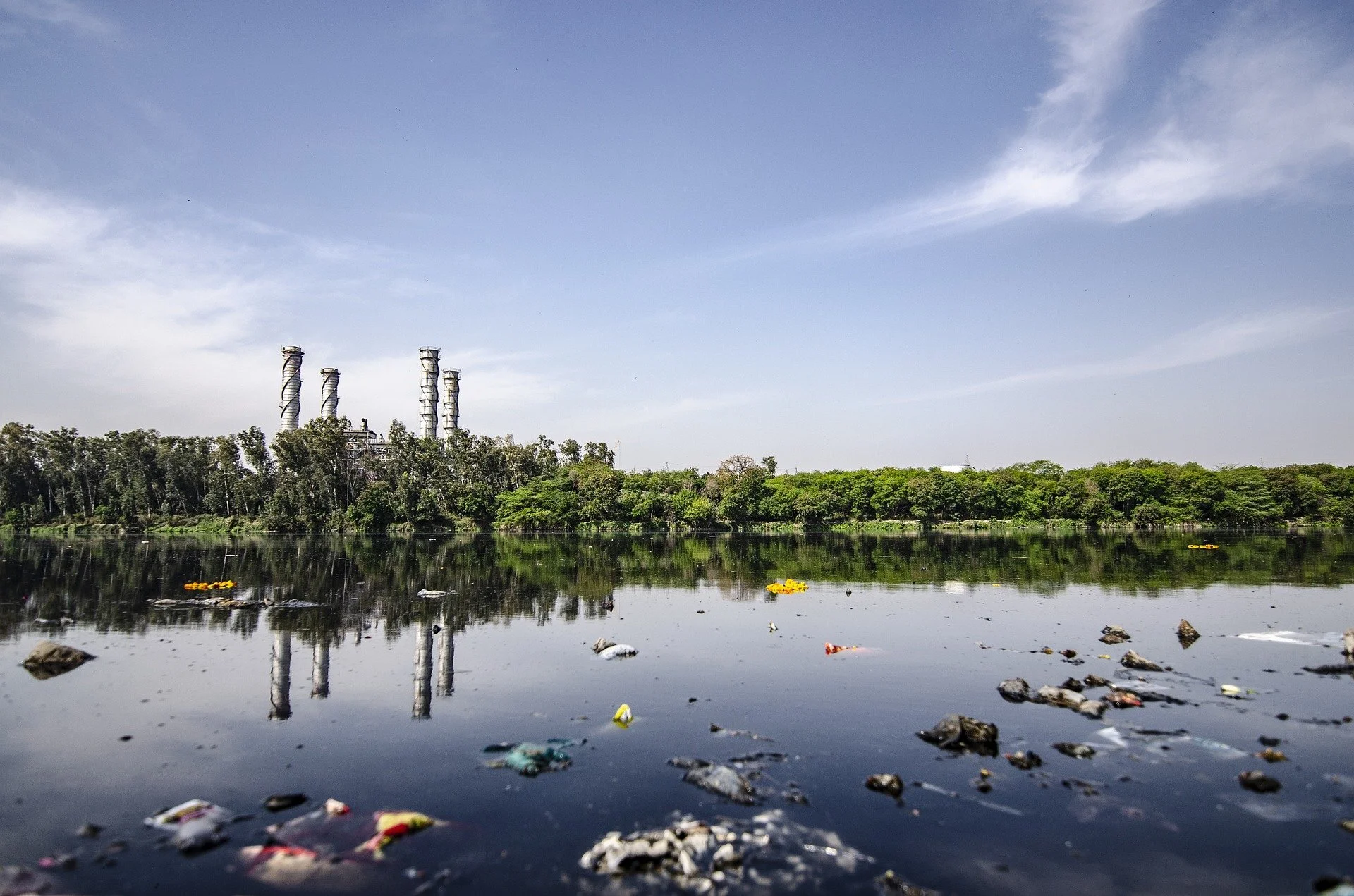5 Paths to a Zero-Waste Supply Chain
/When food and beverage companies analyse their supply chains most realise that their production and distribution processes are negatively impacting the environment. And this lack of sustainability also has a great impact on their long-term profitability. This fact is making zero waste, or sustainable business practices, increasingly popular. In fact, sustainability as a marketing strategy alone can be incredibly lucrative in addition to being highly ethical. A zero-waste supply chain is one which redesigns the entire supply chain; every step and product is reused or recycled with the goal of eliminating the waste sent to the ocean, landfills or incinerators. Zero-waste strategists redesign packaging, and restructure entire production processes and distribution methods in order to improve their waste reduction.
Here are 5 solid ways to lead your food and beverage company towards its zero-waste future.
1. Demand Forecasting: Reducing Inventory Waste
Strong and accurate forecasting is a powerful tool in your efforts to reduce inventory waste. Demand planning and demand forecasting software powered by AI and machine learning (ML), is a highly precise tool which can eliminate the risk of overstocking. With America wasting approximately 40% of all its food, and an estimated 125 to 160 billion pounds of food going to waste every year, a strong response is certainly needed. Cashmere's demand forecasting software takes into account complex variables such as weather-related demand variation and planned promotion campaigns, to give you the strongest and most holistic view of your inventory. This is your first step towards an entirely zero-waste supply chain for your food and beverage business.
2. Upcycling Products
According to the Upcycled Food Association, food that is upcycled is “made with ingredients that otherwise would not have gone to human consumption, and are sourced and produced using verifiable supply chains, and have a positive impact on the environment”. Edible stems, misshapen fruit … it can all be repurposed. And this trend is growing in strength, Whole Foods recently listed upcycled foods as a top trend for 2021. In addition, the upcycled food market is now worth $46.7 billion.
3. Look to Unilver’s ‘Four R’s’
Unilver boasts that its four ‘R’ approach is the key to building a zero waste supply chain. The four R approach encompasses: “reducing, reusing, recovering and recycling”. Unilever have stated that engaging with this approach incurred them minimal cost and time, but has brought their company cost benefits of $227 million overall.
4. Traceability and Intelligence
Traceability solutions, such those devised and developed by Cashmere, are another leading method by which food and beverage retailers, producers and distributors can integrate global traceability into their supply chains and strengthen their sustainability goals. Tracaebility software solutions are proven to optimize production resources and reduce waste.
5. ‘Smart’ Factories
Automation is becoming known as out fourth industrial revolution; industry 4.0. And smart technology certainly has the propensity to eradicate food and beverage waste in the manufacturing process. Factory sensors can read and prioritise raw materials based on their freshness. And the automation of temperature controlled storage processes also results in less spoilage. Thirdly, when food and beverages are picked and packed by automated robotic technology, orders are perfectly precise.
The benefits of a zero-waste supply chain include: financial cost benefits, a positive environmental impact, and a strengthening of your brand. Get in touch with Cashmere Systems today, and let us lead you towards a more sustainable future for your F&B company!











